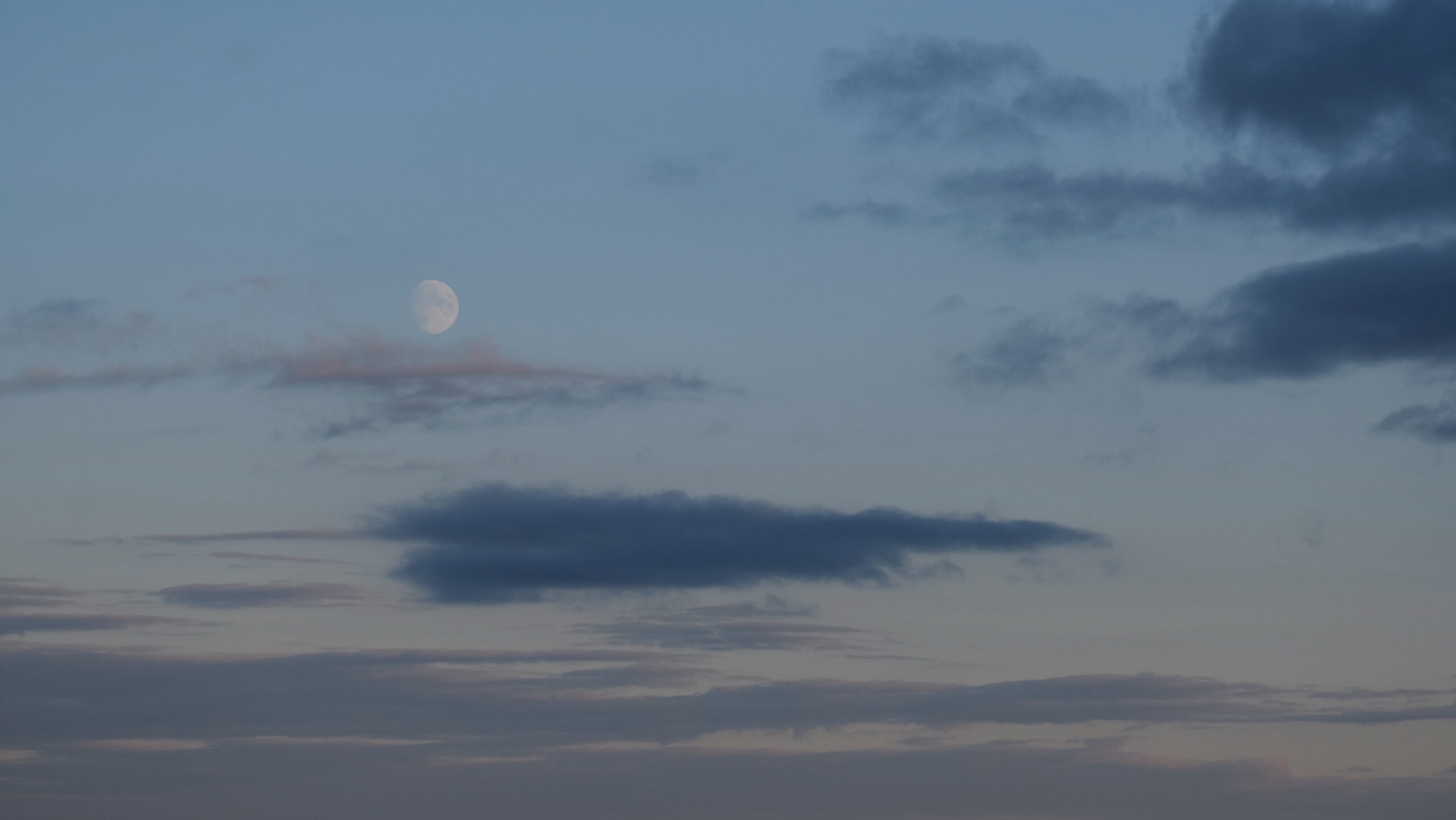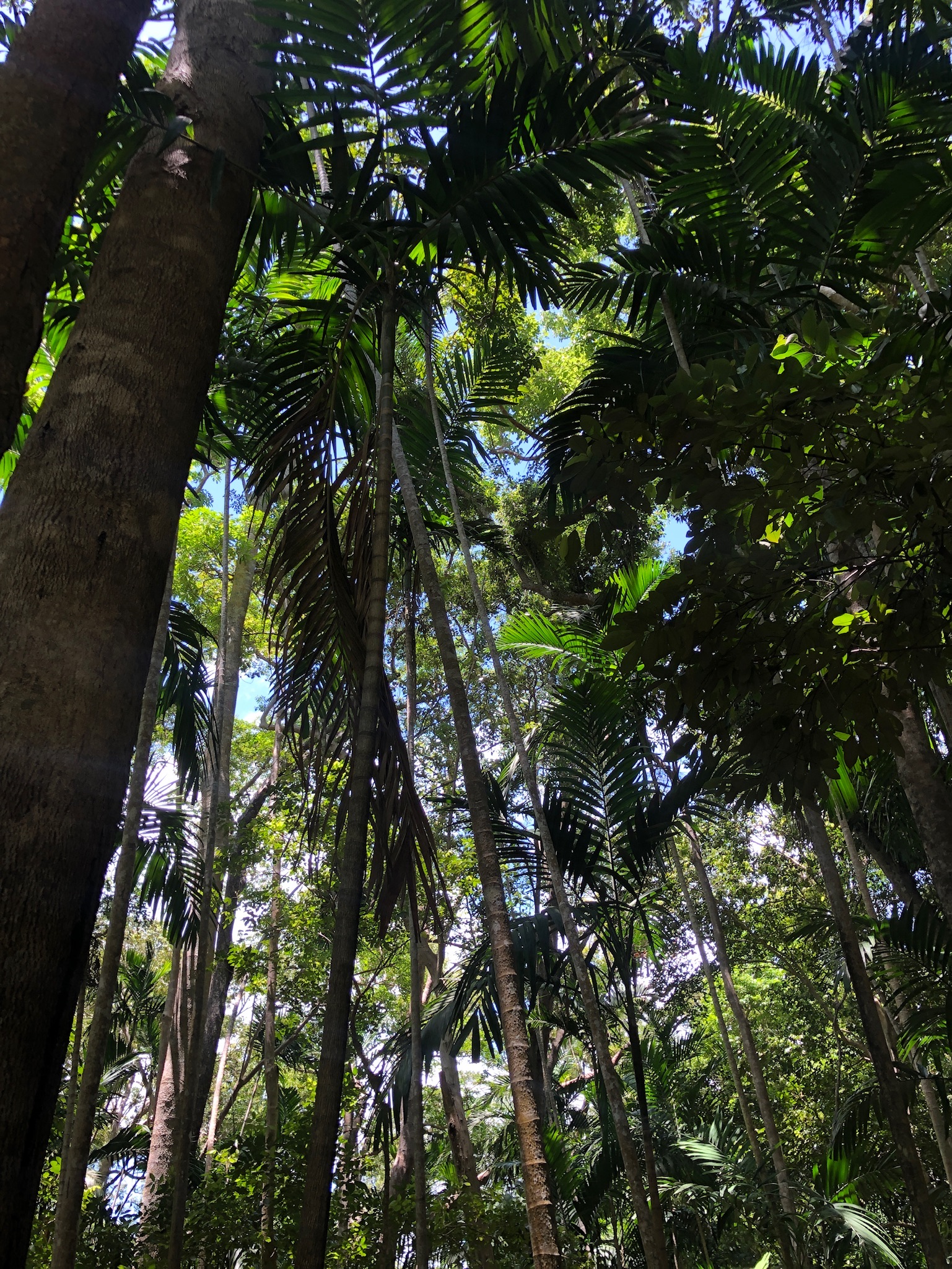Modern Homo sapiens
It is 5 pm in Winter, and the sun went down over an hour ago. Despite the natural darkness, most of us are either still working or about to begin our evening. Sound familiar?
We are the only animal that has adapted our natural sleeping pattern to support busy urban lifestyles. We have gone from rising and sleeping with the sun to rising and sleeping with the clock. But, should we be concerned?
If this sounds like you, this blog will share two suggestions to help you get the sleep you need.
Sleeping in line with nature
After years of regularly wild camping in the small pockets of nature still found in England, Amber and I have found that our sleeping pattern quickly adapts to the season we are camping in.
As the sun goes down in nature, where there is a significant absence of light pollution, our bodies start to prepare for sleep. After only an hour or two of darkness, we are yawning and struggling to stay awake. It does not matter what time we woke up that day or went to bed the night before. Nothing can stop the Zzz’s from coming!

View of Clatteringshaws Loch from the tent
What can you do?
How we approach our sleep practice will impact our wellbeing, but that does not mean pitching the tent in the garden and sleeping outside – as much as I recommend that!
The simple answer is to try and sleep at a similar time every day (including weekends) and, wherever possible, let your body wake up without an alarm clock.
The more complex answer is to limit the amount of blue light in our evening environment. Blue light naturally occurs from the sun during the hours around midday. Nowadays, we are also manufacturing blue light into our devices, from TVs to iPhones and car lights to streetlights.
Blue light is a natural stimulus for the brain and body, encouraging the recipient to feel “awake”. This is perfect during a midday stroll under sunlight but a disaster when watching TV in the buildup to bed. The blue light is sending signals to our brains telling us its time to be awake!
We can limit our blue light by switching to amber or red bulbs in the bedroom to ensure we don’t blast ourselves with blue light when getting into bed. Amber-Rose and I also wear blue-blocking glasses (popped the link below) explicitly designed to filter out the blue light before it reaches our eyes, especially if looking at screens after sunset.
Have a think about how you can fix your sleeping pattern and reduce blue light in your environment for a better nights sleep!
Link










